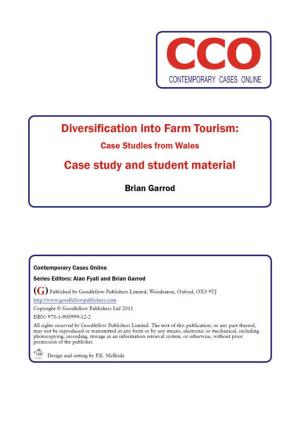Principles of Ecology and Management
Business & Finance, Human Resources & Personnel Management, Structural Adjustment, Management & Leadership, Planning & Forecasting| Author: | Alan Sitkin | ISBN: | 9781906884826 |
| Publisher: | Goodfellow Publishers Ltd | Publication: | January 3, 2011 |
| Imprint: | Goodfellow Publishers | Language: | English |
| Author: | Alan Sitkin |
| ISBN: | 9781906884826 |
| Publisher: | Goodfellow Publishers Ltd |
| Publication: | January 3, 2011 |
| Imprint: | Goodfellow Publishers |
| Language: | English |
For more than a decade now, business gurus have been advising managers to embark upon the kinds of environmental processes that will allow their companies to survive and thrive in the face of a mounting ecological imperative. The big question for students of business is therefore not why companies should go green, but rather why so little progress has been achieved so far. Hence the unique focus of this book, which turns the table on the cheerleading attitudes customarily associated with many green business texts to highlight instead the factors impeding the much desired transition towards greater corporate environmentalism. By gaining a more realistic understanding of these obstacles, readers will be able to develop a fuller sense of how they might be overcome. Principles of Ecology and Management - International Challenges for Future Practitioners guides readers through the key issues in this exciting new field with a clear structure incorporating: • Chapter-relevant case studies • Glossary of key terms and green business vocabulary • In-chapter business argument highlights • Thinking points' in chapter margins to encourage further reflection. The book is also unique in analysing corporate environmentalism from a financial, economic and commercial perspective instead of repeating the well known ethical arguments. Lastly, it is also new because it has been written by a business school professor specifically for business students. The basic idea is that the ecological imperative is destined to have a lasting effect on future professionals' careers. Accompanied by full online support: Student online resource centre featuring advanced materials for deeper analysis, additional case studies with questions, revision tips and further references; Tutor online resource centre featuring case study answers, seminar schemes (assignments 'requiring preparation' as well as 'in-class activities') and lecturer PowerPoint slides.
For more than a decade now, business gurus have been advising managers to embark upon the kinds of environmental processes that will allow their companies to survive and thrive in the face of a mounting ecological imperative. The big question for students of business is therefore not why companies should go green, but rather why so little progress has been achieved so far. Hence the unique focus of this book, which turns the table on the cheerleading attitudes customarily associated with many green business texts to highlight instead the factors impeding the much desired transition towards greater corporate environmentalism. By gaining a more realistic understanding of these obstacles, readers will be able to develop a fuller sense of how they might be overcome. Principles of Ecology and Management - International Challenges for Future Practitioners guides readers through the key issues in this exciting new field with a clear structure incorporating: • Chapter-relevant case studies • Glossary of key terms and green business vocabulary • In-chapter business argument highlights • Thinking points' in chapter margins to encourage further reflection. The book is also unique in analysing corporate environmentalism from a financial, economic and commercial perspective instead of repeating the well known ethical arguments. Lastly, it is also new because it has been written by a business school professor specifically for business students. The basic idea is that the ecological imperative is destined to have a lasting effect on future professionals' careers. Accompanied by full online support: Student online resource centre featuring advanced materials for deeper analysis, additional case studies with questions, revision tips and further references; Tutor online resource centre featuring case study answers, seminar schemes (assignments 'requiring preparation' as well as 'in-class activities') and lecturer PowerPoint slides.















